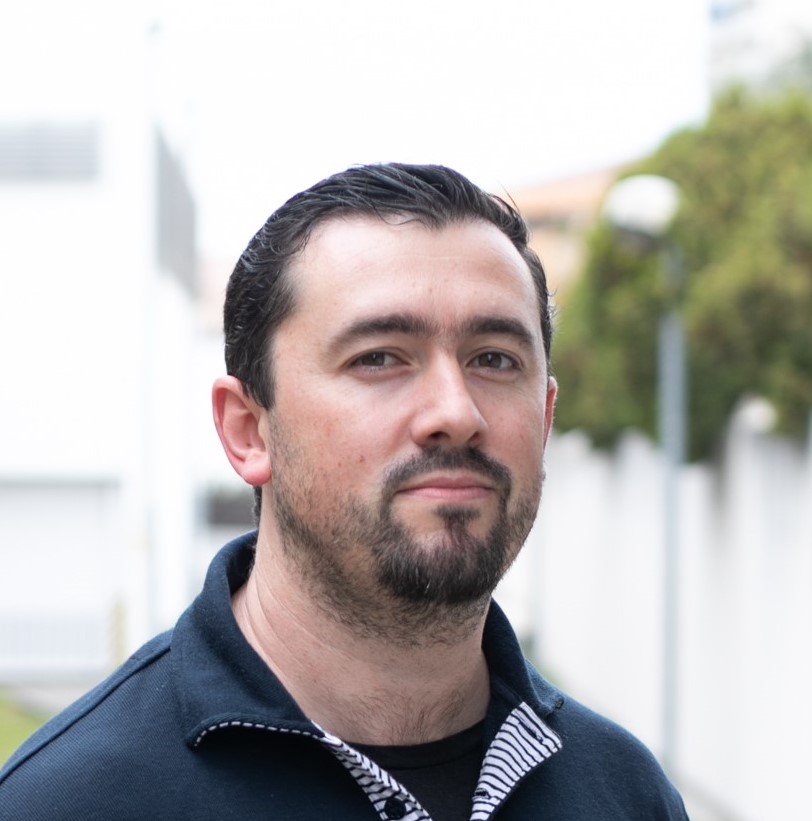Cervical tumors are usually treated using surgery, chemotherapy, and radiotherapy, and would benefit from immunotherapies. However, the immune microenvironment in cervical cancer remains poorly described. Tertiary lymphoid structures (TLS) were recently described as markers for better immunotherapy response and overall better prognosis in cancer patients. We integratedly evaluated the cervical tumor immune microenvironment, and specifically TLS importance, using combined high-throughput phenotyping, soluble factor dosage, spatial interaction analyses, and statistical analyses. We demonstrate that TLS presence is associated with a more inflammatory soluble microenvironment, with the presence of B cells as well as more activated macrophages and dendritic cells (DCs). Furthermore, this myeloid cell activation is associated with expression of immune checkpoints, such as PD-L1 and CD40, and close proximity of activated conventional DC2 to CD8+ T cells, therefore indicating better immune interactions and tumor control. Finally, we associate TLS presence, greater B cell density, and activated DC density to improved progression-free survival, and present it as an independent prognostic marker. To conclude, our results provide an exhaustive depiction of the cervical tumor immune microenvironment where TLS presence marks cell activation and immunotherapy target expression. These findings provide predictive clues for patient response to targeted immunotherapies.

ABOUT THE SPEAKERS
Dr Laurent Gorvel is an immunologist specialized in human macrophages and dendritic cells (DCs) in health and diseases. He obtained his Ph.D. in 2013 from Aix-Marseille University, where he studied macrophages and DC response to intracellular bacteria infections during pregnancy, where they could demontrate a deficiency of resident myeloid cells to respond properly to these pathogens.
In 2014, he went on to do a post-doc at Washington University in St. Louis, school of medicine, in E. Klechevsky laboratory working on the biology of DCs and the mechanisms by which they regulate their environment.
In 2017, he joined D. Olives an J. Nunes Immunity and Cancer laboratory where he applies his knowledge on myeloid cells to understand their response on immune checkpoint blockade and identify knew targets.

